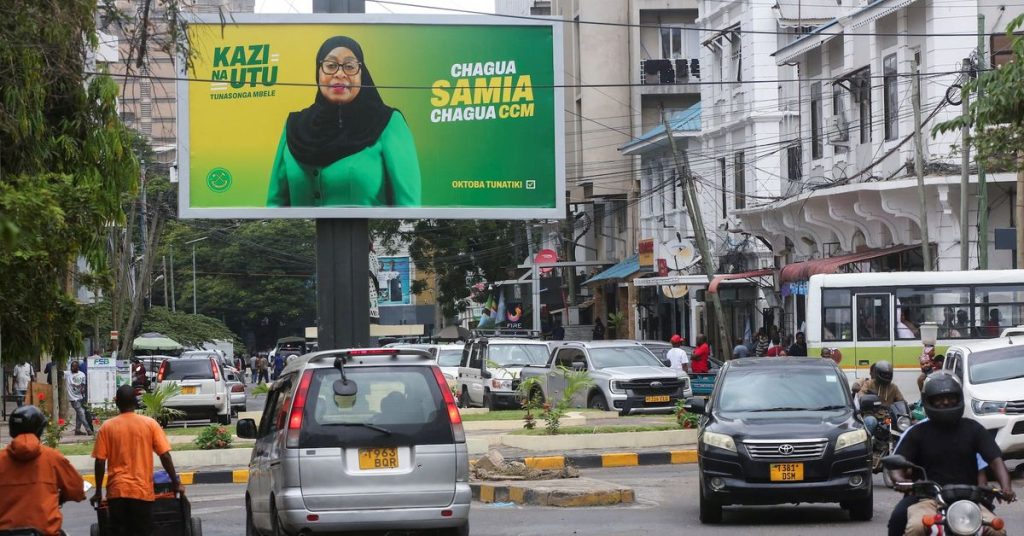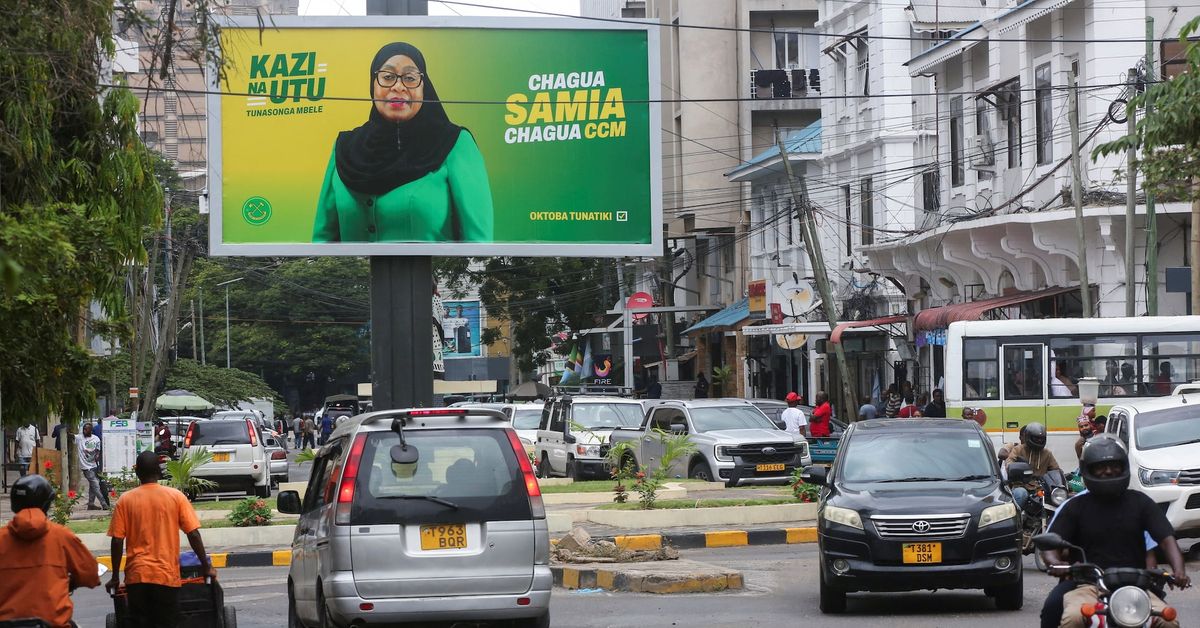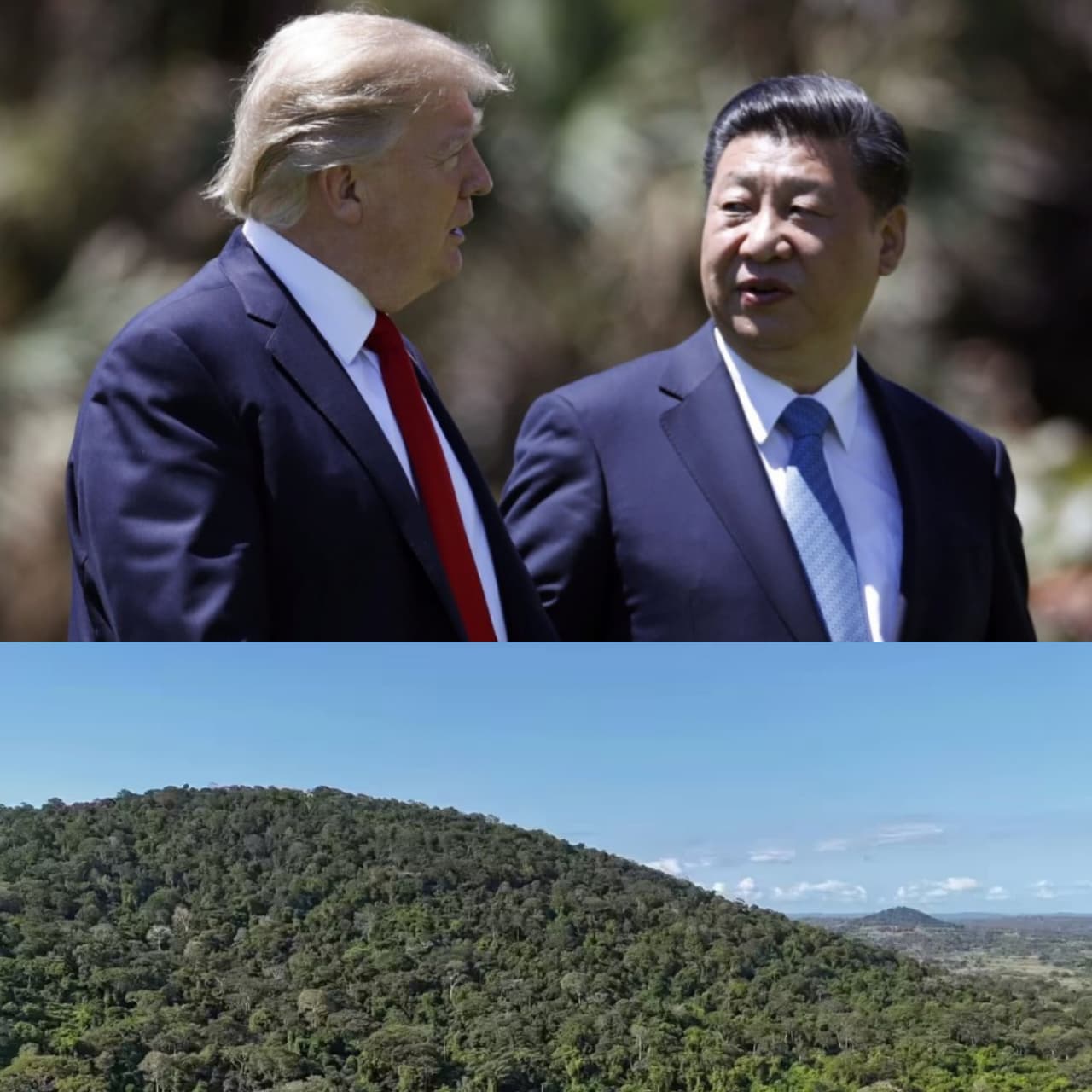Tanzania Elections 2025: Suluhu Hasan Expected to Retain Presidency

Tanzanians cast their votes on October 29 in a national election where President Samia Suluhu Hassan is widely expected to secure a new term after key opposition leaders were barred from contesting. Alongside the presidential race, voters also selected representatives for the 400-seat national parliament and the semi-autonomous Zanzibar assembly.
Why Were Top Opposition Parties Barred from the Election?
The National Electoral Commission disqualified the leading opposition party, CHADEMA, in April after it refused to sign the official electoral code of conduct. Its leader, Tundu Lissu, is currently on trial for treason, a charge he denies. The second-largest opposition party, ACT-Wazalendo, also lost its candidate, Luhaga Mpina, after the attorney general raised an objection that led to his disqualification. As a result, only minor party candidates faced President Hassan at the ballot box.
“There is no election in Tanzania. If I may sum up properly, it is a coronation,” said Deogratius Munishi, CHADEMA’s secretary for foreign affairs, during an interview with Citizen Television in Kenya.
In the commercial capital, Dar es Salaam, polling stations recorded light voter turnout, and despite calls for demonstrations by some activists online, the atmosphere remained calm. After voting in Dodoma, President Hassan urged citizens to participate, saying, “I urge all Tanzanians, those who are still at home, to come out and exercise their right and vote and choose their preferred leaders.”
Local voter Juma Mtali described the election as smooth and peaceful. “This election came with pressure from the youth about protests but as of now it is very peaceful. Everything is going very well,” he told Reuters.
When Will Tanzania’s Election Results Be Announced?
According to the electoral commission, results will be declared within three days of the vote. Polls opened at 7 a.m. and closed at 4 p.m. local time. President Hassan’s ruling party, Chama Cha Mapinduzi (CCM), which traces its roots back to Tanzania’s independence movement in the 1950s, has remained dominant since its founding in 1977.
While Hassan has been praised internationally for easing restrictions on political activity and media freedom after succeeding the late John Magufuli in 2021, human rights groups have recently raised concerns about growing repression. Amnesty International accused Tanzanian authorities of silencing dissent, a claim the government has denied, insisting that the election is being conducted fairly.
Hassan’s administration has also faced scrutiny over alleged abductions of opposition figures. In 2024, she ordered an investigation into the incidents, though no findings have been made public.
Despite the controversy, Hassan remains a popular figure across much of Tanzania. Her campaign highlighted achievements in infrastructure development, power expansion, and education. She has promised to prioritize hiring more teachers and continue major road and railway projects in her next term.
As the nation awaits the official results, attention remains fixed on how Tanzania will navigate the balance between political stability, accountability, and the democratic aspirations of its 68 million citizens.
By Yockshard Enyendi










